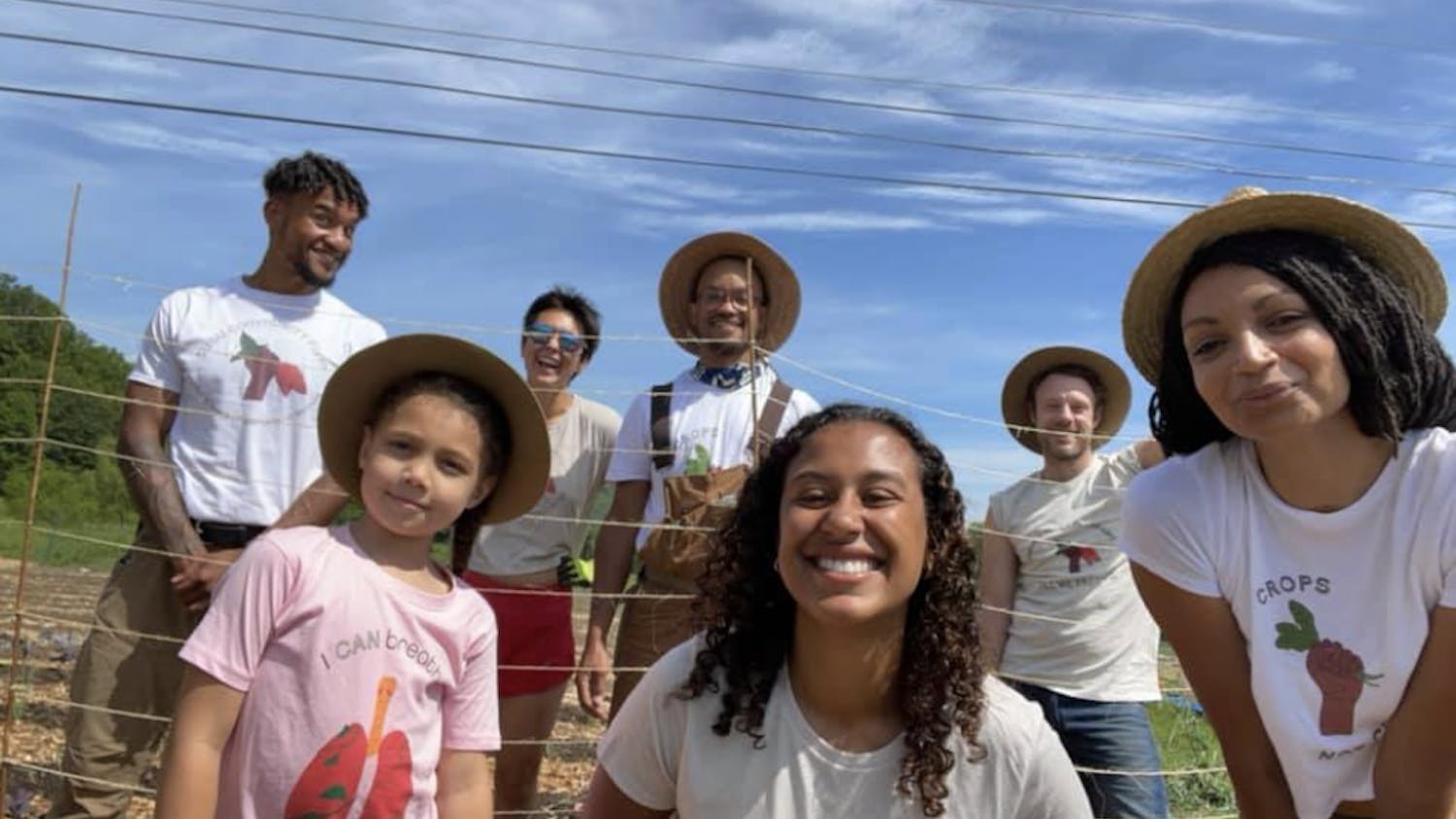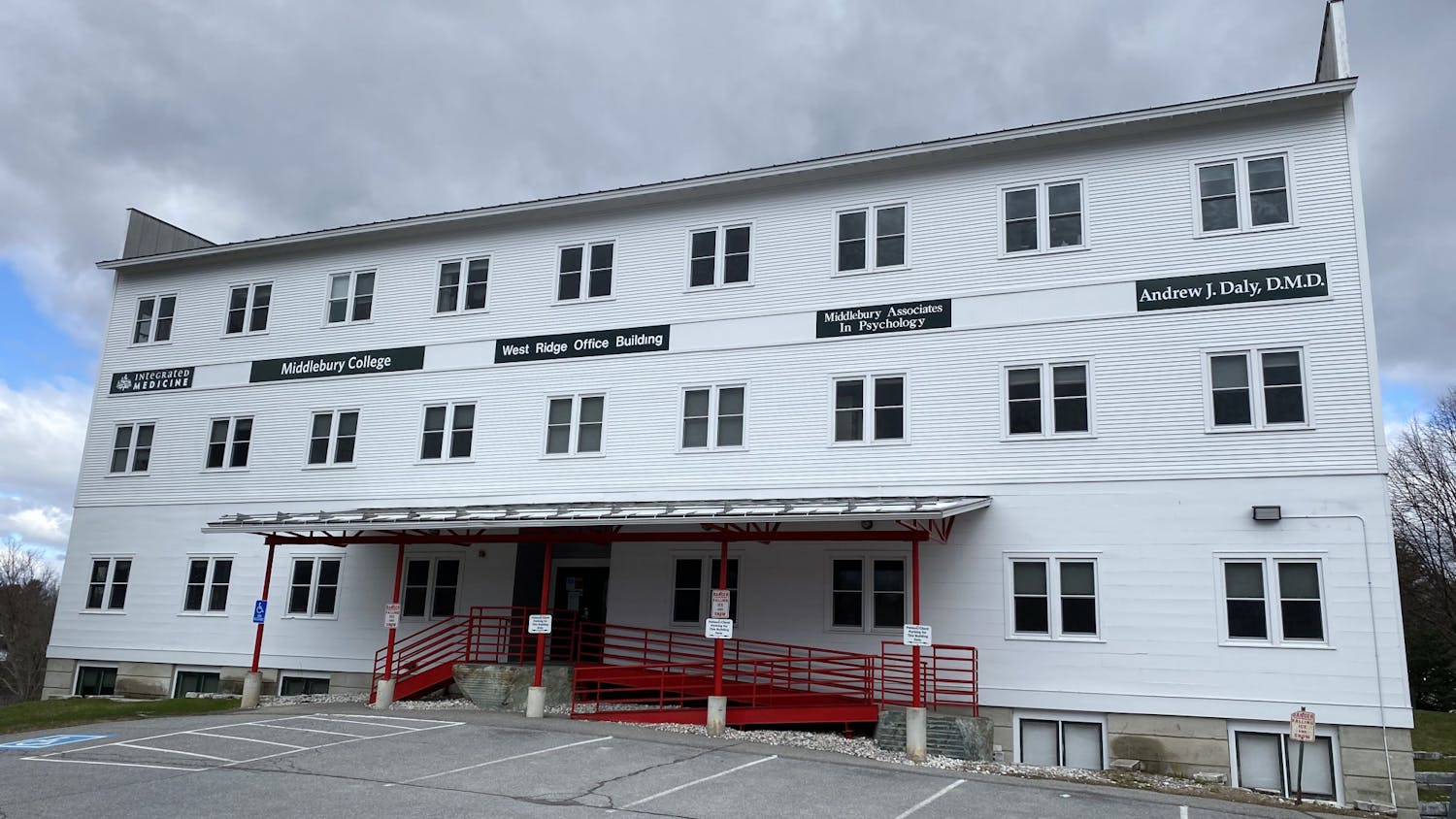The idea that anti-racism isn’t always protesting and policy change, but can instead be restorative community building is not a “hot take.” Celebrating the achievements and cultures of BIPOC students is an act of resistance against Middlebury’s white, racist, and colonialist history (and present). Despite the critical labor that student organizations do in this area, every single board member of every single student-led cultural organization on this campus would tell you that it’s hard work, as well as unpaid labor.
As part of the Twilight Project’s “Archives of Anti-Racist Activism” Project, which studies the history of student anti-racist initiatives and manifestations of systemic racism at Middlebury, I looked at The Middlebury Campus archives. I found that student advocacy for compensation of cultural orgs has not only been a demand for decades, it has also been one that our administration has seemingly ignored. The existence of communities and support systems for BIPOC students at a predominantly white institution (PWI), like Middlebury, is an anti-racist survival tactic. How much of a “choice” did we have if this was a decision made out of necessity? No matter how fun, vibrant and uplifting our orgs may be, work is still work.
In 1983, the Twilight Committee published a report that touched on racial diversity within the student body. According to The Campus, in the report’s “Minority Student Life” section, the committee highlighted the Black Student Union (BSU), for their role in organizing events and activities for Black students and the broader BIPOC community. The report commented that the “vitality of the BSU depends on its leadership. Recently, [BSU] has been an active group.” The administrative report’s placement of responsibility onto BSU leadership to be a key cultivator of social life for the BIPOC community at Middlebury was then heavily criticized by The Campus’ Editorial Board, which stated, “It is not the BSU, nor any of the individual students, who must take the initiative. It is the College itself.”
In that same Campus issue, Dorothea Gay ’84, the BSU president at the time, stated, “We’re forced to create and maintain our own community. But we're students just like everyone else. We have no time. You can't expect students to do that.”
This sentiment was mirrored almost ten years later in a student letter published as an op-ed to then-President of the College John McCardell Jr. and the respective administrative deans. The letter called for administrative changes in order to support students of color socially and academically, as well as pointed to the lack of financial compensation for students tasked with maintaining communities of color. The author wrote in reference to cultural orgs, “These are all student-initiated and student-led groups that have served to retain some students of color at our college. The students are, in fact, retaining themselves without adequate financial or personal support from the college, this is not their responsibility. They came here to get an excellent education like anyone else, not to become overwhelmed by a complex burden of survival, educating the community about their cultures, and academic work.”
The communities that we have fostered, in spite of this hostile and racist environment, are places of joy and pride. They exist thanks to a tremendous amount of work from the students in charge of leadership. Some reading this may have thoughts along the lines of, “Well ALL student orgs are work. What makes the cultural orgs any different?” To that, I would say that not all orgs are formed out of necessity in response to oppression and exclusion. Cultural orgs are maintaining communities that have been historically and contemporarily underrepresented at Middlebury College. While these spaces can be relaxing and purely social, they are a survival tactic for students of color within this PWI. We have no choice but to create, lead and maintain these communities and student support systems. Their necessity limits our ability to “choose” to take up this extra work. “Choosing” to not engage in this labor reaffirms the racist culture at Middlebury that advantages the white and wealthy. The lack of financial compensation for cultural org leaders cannot be justified on the grounds that this is “voluntary” work — it is mandatory. These complaints are not new. These demands have endured since the formation of our cultural orgs. Involuntary unpaid labor is unfair labor. We deserve our paychecks.
Mia Pangasnan is a member of the class of 2023 and a Twilight Project Student Fellow.
Editor’s Note: This article was written as part of the Twilight Project.




